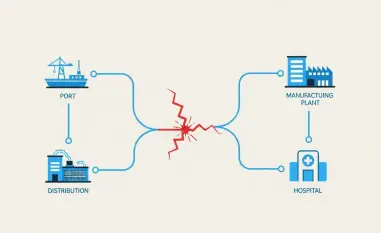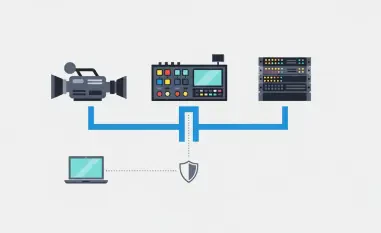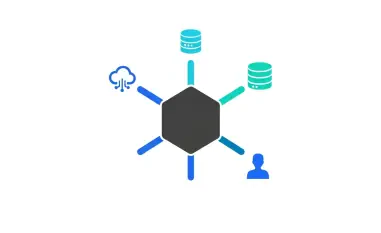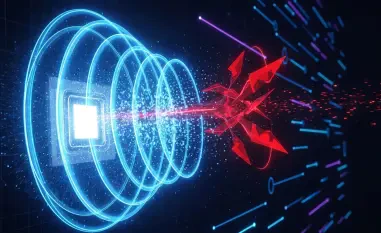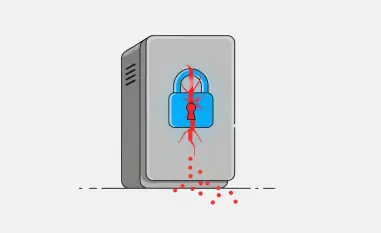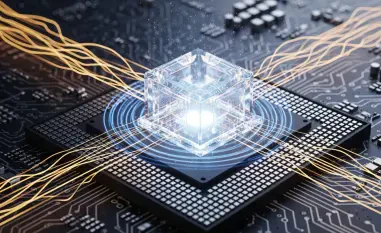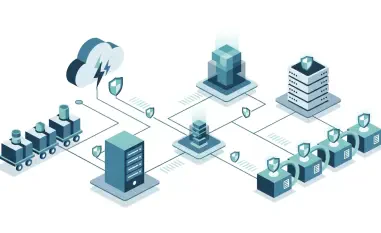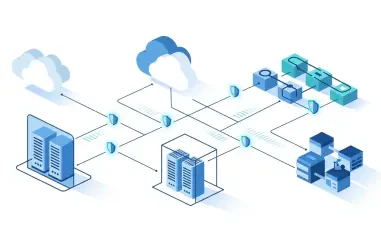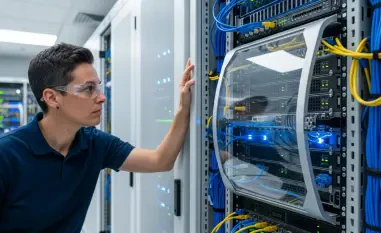In today’s digital era, even institutions as significant as the International Criminal Court (ICC) are not immune to cyber threats. Malik Haidar, a cybersecurity expert with vast experience, sits down with us to discuss the complexities and implications of such attacks on global organizations and the importance of integrating robust security measures within the fabric of international relations.
Can you describe the recent cyberattack on the International Criminal Court?
The recent attack on the ICC was quite a sophisticated event, targeting their systems with precision. The specific systems affected remain undisclosed, but the intrusion was detected almost immediately, thanks to their robust alert mechanisms.
How would you classify the level of sophistication of this cyberattack?
This attack stands out due to its targeted nature, which implies a high degree of planning and knowledge about the court’s operations. Compared to previous incidents, the precision and timing indicate a well-resourced adversary with clear objectives.
What steps has the ICC taken to contain the cyberattack?
The ICC responded quickly by conducting a Court-wide impact analysis to understand the full scope. Immediate measures included isolating affected areas and enhancing network defenses, although specific strategies aren’t publicly detailed to maintain security.
How does the ICC conduct a “Court-wide impact analysis”?
They prioritize critical areas such as data integrity and system functionality. The analysis involves collaborating with cybersecurity experts and stakeholders to assess vulnerabilities and potential damages.
Why is it important for the ICC to inform the public and States Parties about this incident?
Transparency is crucial for building trust and maintaining legitimacy. By informing stakeholders, the ICC seeks to galvanize support and foster a unified response against these cyber challenges, gaining assistance from member states.
Can you elaborate on the challenges you faced during the 2023 cybersecurity incident at the ICC?
In 2023, the ICC faced considerable obstacles, from disrupted communication to the major challenge of quickly restoring operations. Key lessons included the need to strengthen detection mechanisms and improve response coordination.
Are there any specific motives or threat actors identified in this latest cyberattack?
While no specific actors have been named, it’s likely that well-organized espionage groups are behind it, given the attack’s sophistication. The ICC is working diligently with global agencies to pinpoint the culprits.
The attack coincided with the NATO summit in The Hague. Do you suspect any connection between these events?
The timing is interesting and might not be coincidental. Such events often create an attractive target for disruption, possibly influencing diplomatic dialogues or signaling political statements to international communities.
With high-profile cases like those involving Vladimir Putin and Benjamin Netanyahu, how do you ensure the security and integrity of sensitive information?
Securing sensitive information requires a multi-layered approach, including encryption, stringent access controls, and continuous monitoring. There have been no additional threats disclosed specifically linked to these cases, but vigilance is key.
How do recent actions, such as the US sanctions against ICC judges, affect the court’s operations and security protocols?
Sanctions introduce additional pressures, potentially increasing retaliatory cyber risks. The court must have contingency plans and adapt its protocols to navigate these geopolitical tensions while maintaining operational security.
Given the global rise in state-sponsored cyber espionage, what proactive steps is the ICC taking to safeguard its systems?
The ICC is likely engaging in proactive collaborations with international cybersecurity experts and organizations, improving threat intelligence-sharing, and conducting regular system evaluations and upgrades.
What role does international cooperation play in combating cyber threats facing institutions like the ICC?
International cooperation is essential; it enhances information sharing and creates a united front against cyber threats. Successful collaborations include partnerships with other judicial bodies and technology firms to bolster cybersecurity frameworks.
How does the ICC balance transparency in reporting cyber incidents with the need to protect sensitive information?
Balancing transparency and security is challenging. The decision on what information to disclose involves assessing the risk of additional exploitation, with senior officials typically making these calls to protect both the ICC’s and the public’s interests.
In the face of consistent cyber threats, what long-term strategies is the ICC considering to enhance its cybersecurity posture?
Long-term strategies include adopting the latest cybersecurity technologies and refining incident response protocols. The court may also invest in advanced analytics and machine learning to preemptively detect and counter threats.
What is your forecast for cybersecurity threats facing institutions like the ICC?
Cyber threats continue to evolve, becoming more targeted and complex. Institutions must stay ahead by continually updating their defenses and fostering global cooperation to anticipate and respond to these ever-changing threats efficiently.

